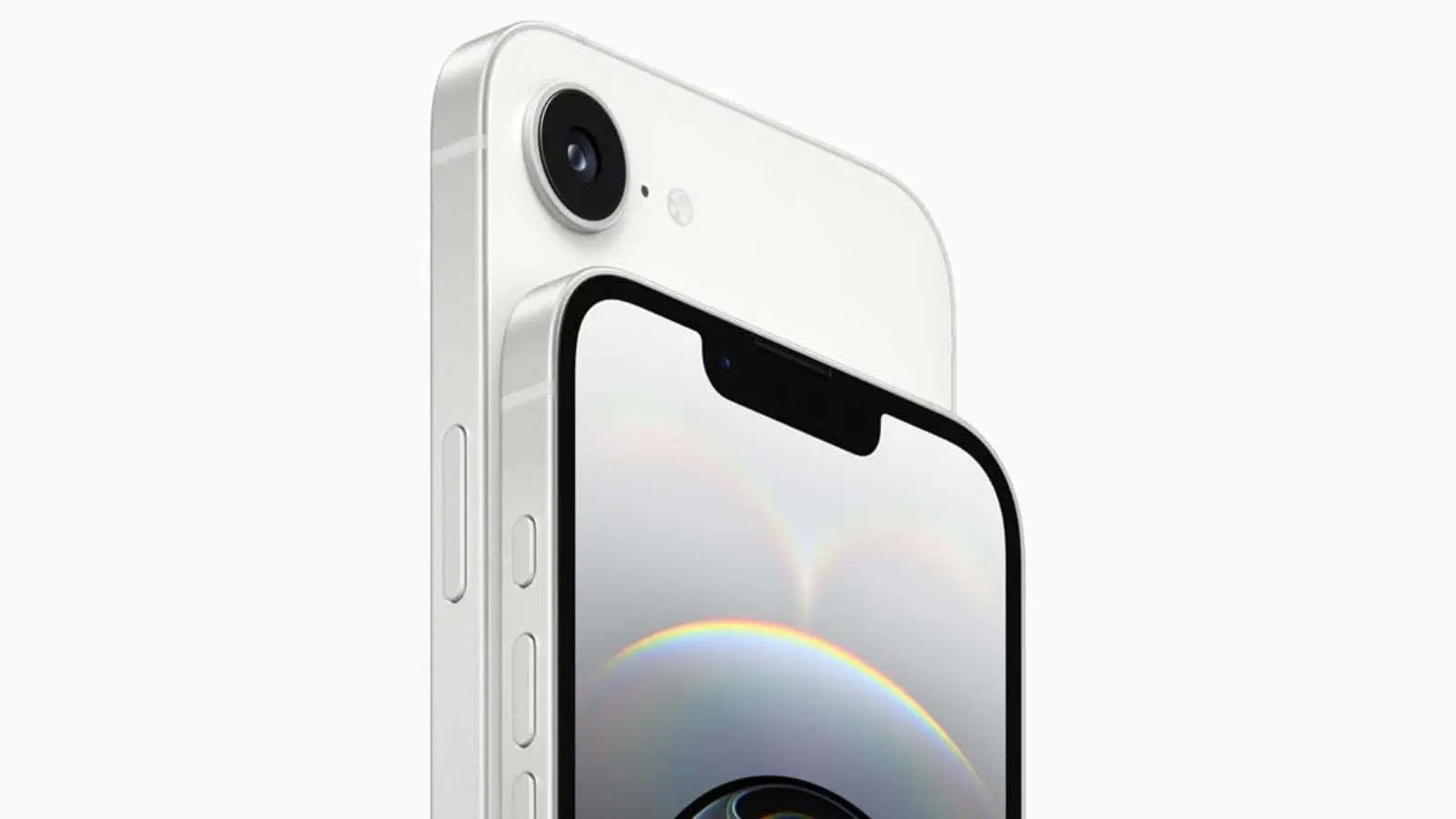Android XR: Google's New Platform for Extended Reality
Google has announced Android XR, a new operating system designed for Extended Reality (XR) devices, encompassing VR, MR, and AR. This platform aims to support various devices, from headsets to AR glasses, and even screenless AI glasses. Google emphasizes its experience in platform development, citing its history with Glass and Daydream VR. Key partnerships with Samsung and Qualcomm are expected to drive adoption.
Gemini: The Core of Android XR
Google believes its AI assistant, Gemini, is the key differentiator for Android XR. Gemini will enable users to interact with their environment and devices through voice commands, offering a new conversational interface. This integration is central to Google's vision for XR, enabling intuitive control and interaction.
Headsets and Glasses: The Future of Android XR
Initially, Google and Samsung are focusing on headsets, offering an "infinite desktop" experience for productivity. A developer kit, Project Moohan, is already available, with wider distribution planned. First-party Google apps are being optimized for Android XR. However, the ultimate goal is AR glasses, providing information like directions and translations without needing a phone. Google is also exploring screenless glasses, relying on Gemini for output. Real-world testing of prototype glasses will begin soon. For more details on the user experience, see this hands-on review of iOS 18.2's Image Playground.
Android XR SDK and Developer Resources
Google has released the Android XR SDK Developer Preview, built upon existing Android app development tools. Key features include Jetpack Compose for XR, Material Design for XR, Jetpack SceneCore, and ARCore for Jetpack XR. An Android XR Emulator is available, along with Unity support, WebXR support in Chrome, and OpenXR 1.1 support. A developer bootcamp is planned for 2025. For related news, check out this article on iOS, macOS, and watchOS updates and this piece on visionOS enhancements.




